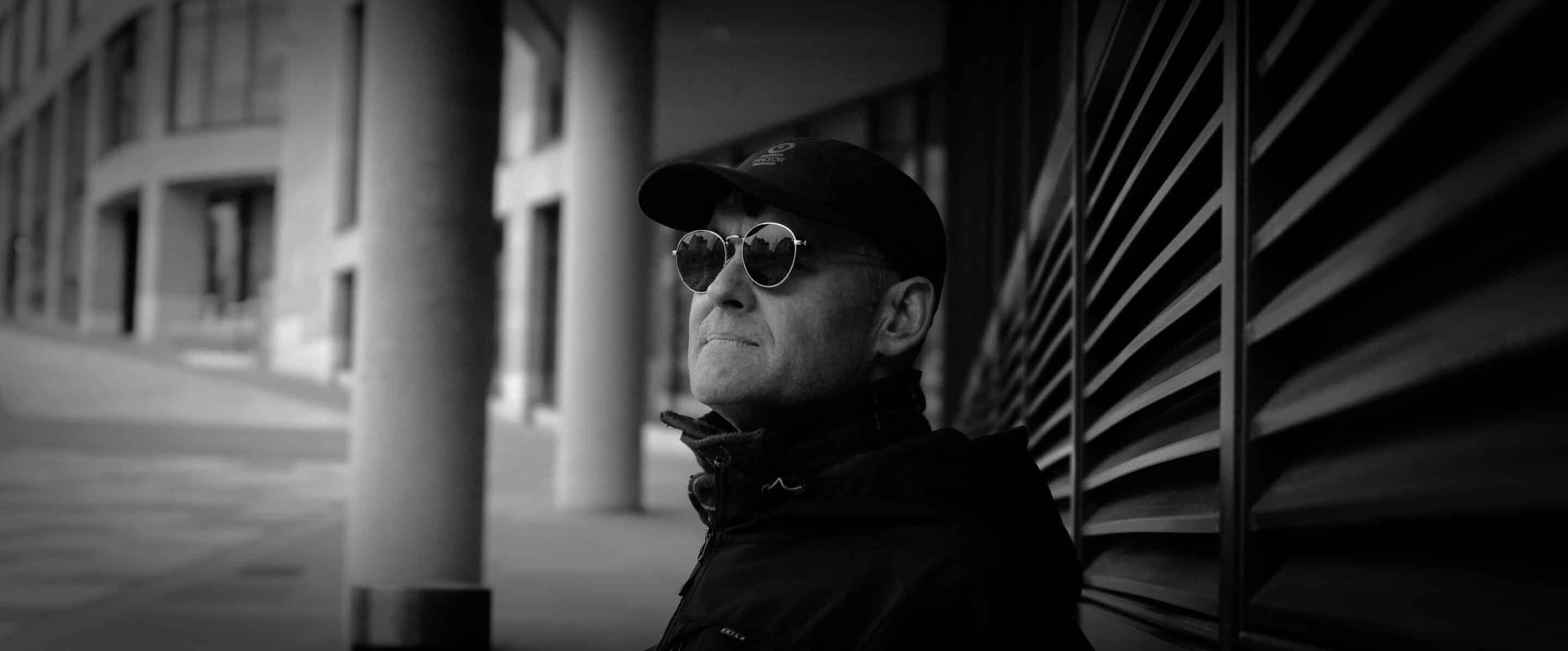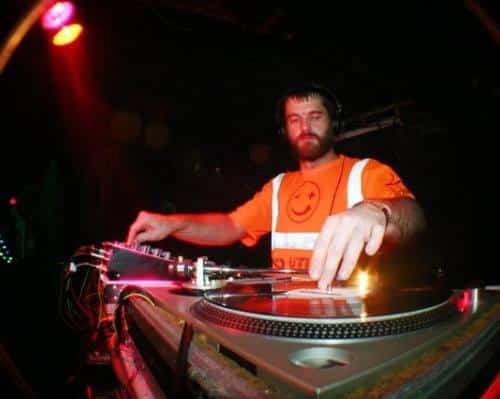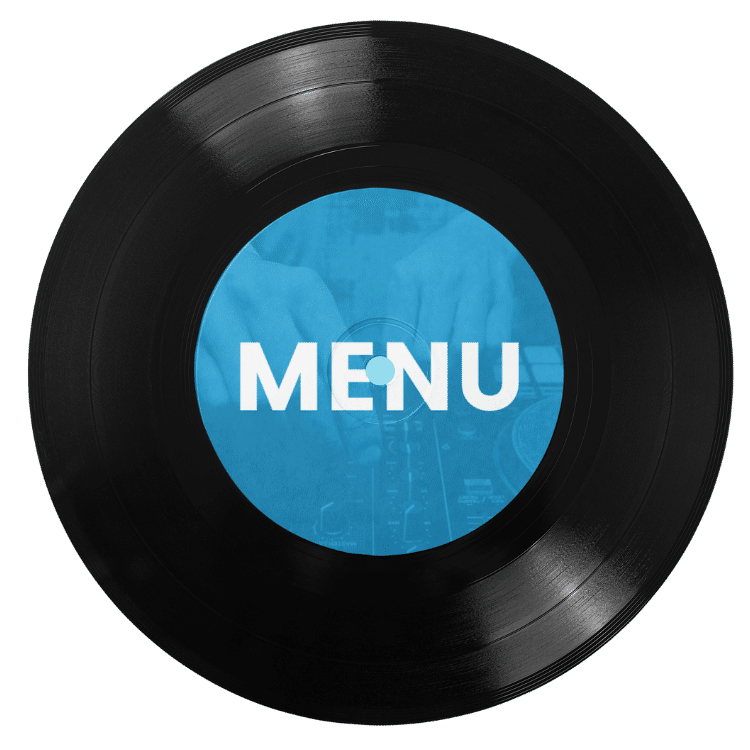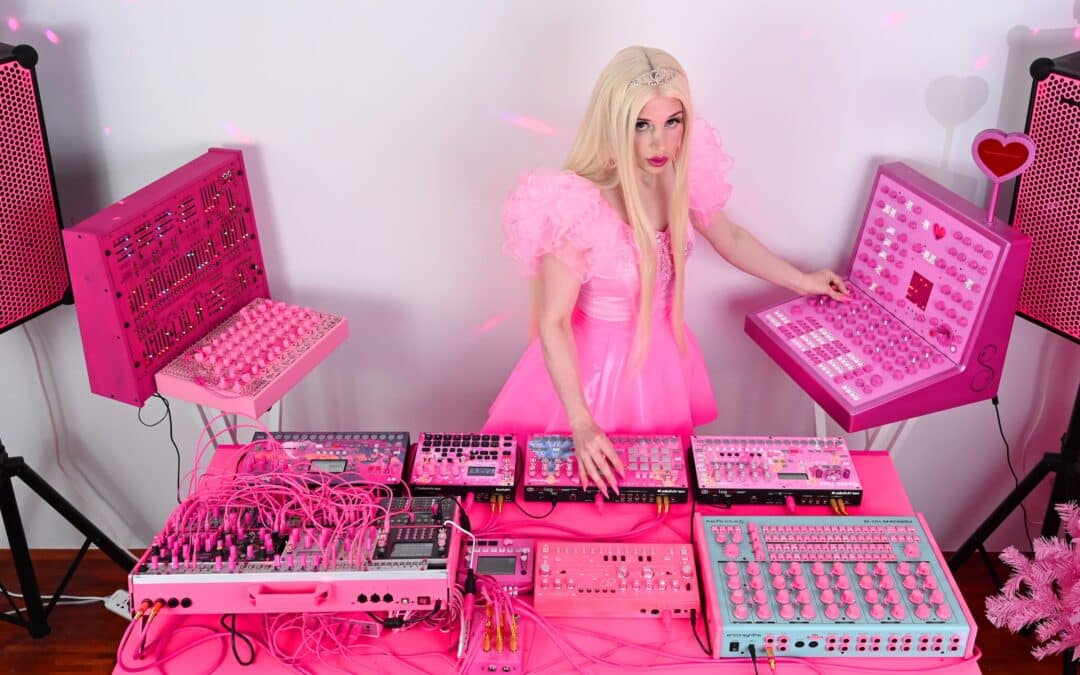Sarah Sommers with her kit.....
Sarah Sommers’ bio is a testament to her creative spirit and unconventional journey in the world of electronic music:
Forced to leave her princess life when a colossal pink asteroid crashed into her peaceful pink homeworld, Sarah Sommers embarked on an otherworldly journey to planet Earth. Crashing down in a blaze of glitter in the rave scene of Australia, she emerged performing live dance music in Melbourne, London and now Berlin where she has been based since 2018.
With a collection of lovingly self-customized pink synthesizers and modular equipment, Sarah brings a truly unforgettable musical and visual experience to her performance. Drawing inspiration from the vibrant sound of ‘90s rave culture, the deep bass of dub and the pulsating energy of techno, Sarah invites you on a journey across some of her favorite sounds and eras of electronic dance music. Her relentless creativity and dedication to pushing boundaries in music shine through her performances in renowned Berlin clubs and international events like the Amsterdam Dance Event.
Hi Sarah, thanks for joining us and putting on your live show on Doppler Shift on Fnoob Techno…
Your debut album, Heart Core, has captured audiences with its unique blend of deep, smart techno. Can you share some insights into the creative process behind the album and how your live sets contribute to its authenticity?
Hi, and thanks for having me on the show. So the tracks on the album are taken from my live sets over the last 2 years mostly from Berlin performances. I perform them again live in the studio and record them. It’s just how I started making dance music and a method I have most connected with. Just having all the machines running and mixing and tweaking the synths on the fly, for me it’s an organic way to capture the feeling of what feels good in that moment and letting the emotion and feeling through. I just try to make music that moves me, physically, emotionally and in my mind. For me as a musician nothing beats that feeling of being in the flow and losing yourself in it, and when you’re done you feel so good letting out all these feelings and getting lost in these sounds, like a great meditation and then you realise how many hours have gone by.
The distinct visual theme of pink seems to play a significant role in your performances. What influences led you to embrace pink as a core element of your persona and music?
Great question, I guess the first thing I’d say is that it’s not actually a persona, it’s just part of who I am, it’s part of the expression of my personality and not something that I felt I could always express in the past and I just wanted to express myself more completely as a person and with my music. I am a bit of an extreme or intense person and I like to go deep and all the way into things. So I guess when I thought about marrying my love of pink and my music together, I didn’t know if it would work or I would be rejected for it, but I was happy to see that people were very accepting of me for who I am and I can just be myself with that.
Your journey from Melbourne to Berlin has been marked by live performances in prestigious venues. How did your experiences in different locations shape your musical style and approach to techno?
So I feel like I have had several different phases of music production and performance spread across the different times and places I’ve lived. I started out in the rave scene in Melbourne many years ago, it was a very colourful and free time. The sounds were all new to me and really captured my imagination, it was an intense time of discovery. Back then I focused more on break beat but also integrating it with techno, mixing styles has always been something I’ve enjoyed. In my early raving days I really felt a sense of unity through music and I want to carry that sentiment forward. Later in London, Cologne and then Berlin I definitely found that each place and time imparted its own influence on me. In London and cologne because of my love of bass I went through a dubstep phase, in the early years of dubstep. Also the early jungle from London also had a big influence on me. Living In Berlin now for 5 years I have embraced techno. The sounds here have definitely played a role in inspiring me to explore different sounds and methods in my music. Berlin is somewhere I’ve visited many times over the years before moving here and it always felt like an inspiring and creative place. So I decided to move here for music. What I love about it now is different than what I used to when visiting. Now for me it’s about the musical family I have here and the growing underground live performance scene. There is a lot of love and support between people in this community.
Your bio mentions a connection to ‘90s rave culture and a fondness for dub and techno. How do these influences manifest in your music, and how do you strive to innovate within these established genres?
So a little as I mentioned earlier I think the colourful and free time of the 90s where many different styles came into being and people being open to exploring lots of different things always resonated with me. The excitement over the sounds. Some sounds just grab you and you feel something. Whether it’s the raspy sound of a certain 303 slide or boom of the 808 kick as it goes through your body, or the wooden sound of the rimshot of the 909. I think these sounds made an impression on me and a lot of that comes from 90s music. But I also love bass. I’ve always loved bass, my first instrument as a teenager was a fender jazz bass guitar. Then with jungle 808 basslines and the bass of drum n bass and then later the early dubstep stuff all had a big impact on me. So I think what I try to do with my music is bring together all of my favourite things and create music I would like to hear. And I believe that by nature of us all being unique that if we are making music we truly love then I think it will sound a bit different. But I don’t go out of my way to be different, I just try and do what I enjoy. But for example I love to take in new influences so I might listen to songs or go out and hear something maybe in a completely different genre and then get inspired to include elements of that. Ultimately the creation process is pretty organic and I feel more like a guide, hearing sounds or feelings and the music kind of comes through me.
As an artist who uses modular equipment extensively, how does this affect the spontaneity and creativity of your performances?
Modular has been very interesting and adds a different, powerful and dynamic sound. It can be quite intense, and having dedicated modules for different things gives you so much more power and control and different things to explore. The fact that you can customise and test and refine your setup after each performance to improve it has been great. I also find modular great for making interesting and different sounds which you just can’t do with hard-wired instruments. But for me the trickyness comes in how to make it sound diverse in a live set, if that’s what you’re going for. So I think that’s why I like to combine it with other hardware machines, like hardware from Elektron, so that I can have different contrasting sounds for my livesets. But there is still so much left for me to explore with modular I feel like I’m still only just getting started with it.
Could you elaborate on your approach to creating a live atmosphere that not only engages the audience but also reflects your personal journey and emotions through music?
I think primarily I just really try to engage myself. I know that might sound selfish but I feel like I am my only true reference so I can only really do what I think is good and just hope that other people also enjoy it. So far I have been very happy to see that it does resonate with other people. I do love to be playful and explore big sound systems. The sound is so powerful and you feel the bass resonating in your whole body and you hear so much more detail in the sounds. So I love to explore and feel the bass and the reverberation of sounds in the space. I like to take people on a journey across emotions and styles and I hope, like it does for me, connect with people physically, emotionally and also with their minds. I want it to be diverse, interesting and fun.
Being based in Berlin, a hub of electronic music, what aspirations do you have for the future in terms of collaborations, projects, or exploring new musical territories?
So I feel like I’m only just getting started, there is so much more to come. I’ve formed a couple of collectives in Berlin, the newest being Coalescence with a couple of other live performance artists and together we want to support and drive the live performance scene forward, putting on events that echo the old school vibes of unity, equality, good music and fun. In terms of my music I want to keep an open mind and explore lots more things and see where it takes me, it will be dance music, some faster, some slower, some deeper, some darker, some more melodic, some more percussive, my main thing is not feeling like I’m being put in a certain box as an artist, creative freedom is absolutely central for me because ultimately it’s all just an expression of what I love. Thank you for the interview! 🙂
Who or what is DOPPLER SHIFT?
Doppler Shift is a techno show on fnoobtechno.com …
At the helm is Edinburgh-based ZUNI who has been actively involved in the Scottish techno scene for over two decades….Each show will feature a guest mix from well known DJ’s Artists and Producers from around the globe….backed up by a 60min mix from Zuni
ZUNI has been involved in the Scottish techno scene for the last 24 years, honing his deck skills while spinning some of the most futuristic music around… ZUNI ran UTI – “Under the influence”, in Edinburgh with his partners for 6 years, and was resident dj under the name Semaj. He hosted nights with many of the finest names in techno, and most of the local talented dj’s and live act’s over the years – with the music policy always focusing on diverse and forward thinking techno.
In 2002 Zuni set up the label – UTI records.
Soon followed by his own imprint INJUN EARS recordsAlso was a resident at Synthetic for 5 years, he’s now added a new string to his bow by adding TRIBAL WAVES net label into the mix…..
After spending some time smoking the peace pipe with many tribes… the future looks good for TRIBAL WAVES –
Launching the label was
(Beginning Of The End) – Three deep club tracks from French producer, ELEXX, ZUNI contributes with his remix of ‘Flatline’ –
For this second release from Scotlandʼs TRIBAL WAVES label owner ZUNI chose one of his own composition “Hoodwinked” for the remix treatment by KEVIN GORMAN (CLR, GIGOLO, MIKROWAVE).

Zuni (Doppler Shift host)
These are the guests we’ve had the pleasure of having on the show to date. Rolando (UR, RRR), Heron (KMS, Soma) Stephen Brown (Transmat, Tresor) Jack Brown (Scotland), Brainstorm (Pure), Mr C (Richard West)(The Shamen), Pig & Dan, Drumcomplex & Roel Salemink, Bas Mooy (MORD), G-Man (Gez Varley), Mr O (Detroit Grand Pubahs), User Engine (StepBack Records), Laugh Like Me (Bullet Dodge), Gabriel D’Or & Bordoy, Space DJz, Terry Mitchell, Invite, Alt Ctrl Freq, Ritzi Lee, Sasha Carassi, Virgil Enzinger, Dave the Drummer, Kaminka Merel, Daniela Haverbeck, Ross Alexander Heike Becker, Oliver Kucera, Redhead, Echoplex, Stephan de Wit, Vincent de Wit, Gary The Apprentice, Ingen, Sceptical C, Enrico Fuerte, Luke Creed, Kleber, Joe Highet, Retribute, Neil Birnie, Ethan Fawkes, Joyo, Lee Malice, Wallace Threeoptic, Cyberx, Astroneff, Wee DJs, Harry the Maus, Paul Farrell, Insolate, randomDisco (Tribal Waves), Keyte (Jackhammer), DM T Pot,, Bryan Chapman, AT Project, Darrell Harding (Pulse) Raymond Ward (Bullet Dodge) Die Mel,Werner Niedermeier, Andy Clarke, Kata Mercado, Eddy Kreischer, Sonja Brilliant, CatRoll, Trish Van Eynde, G02 (Diego Manzaneque) Jon Nuccle, Bas Thomas, Tony Demoet, Milkovic (Jakn), Sean Laird (Pulse) HCLO4, Vinyl club + And Co-hosts Gordon Barclay (Co Founder year 0-2) Vincent de Wit (year 2-3) Stephan de Wit (year 2-3)

Zuni.... Go on son!
Credits
Credit for pics of Sarah: Gösta Wellmer @goestagraph
Credit for the interview questions: Grant Paterson
Credit for Zuni artist pic: J. Nisbet
Credit for pic of Zuni on the decks: Mike












